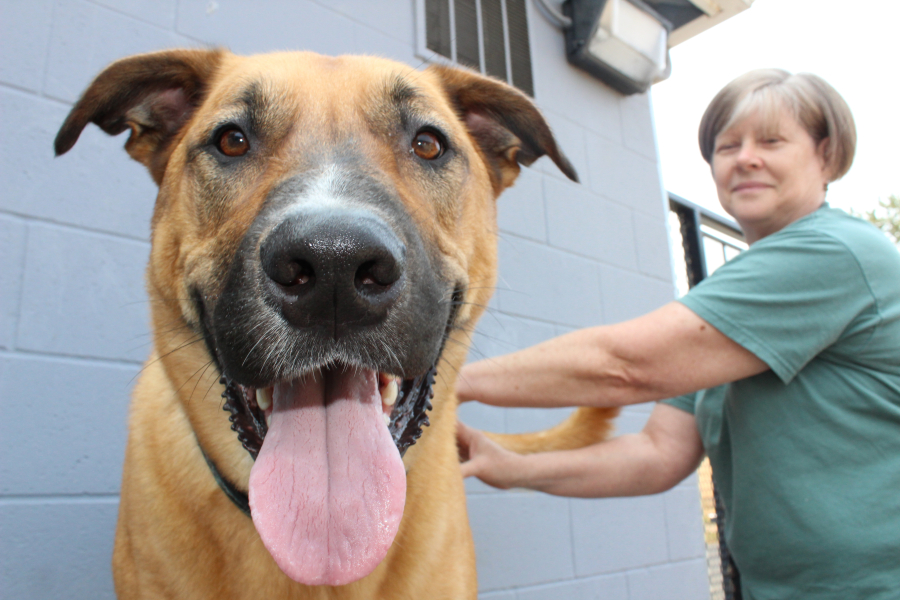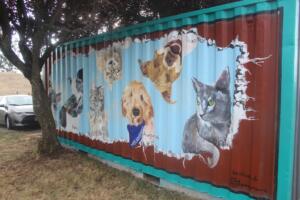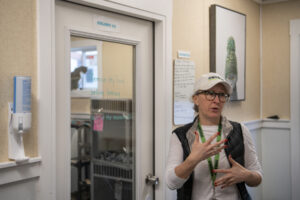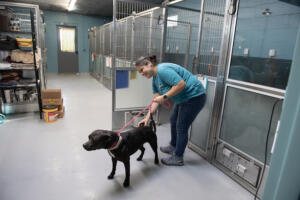When it comes to the way missing dogs are handled in Camas and Washougal, it’s been a similar story for nearly 40 years: animal control officers pick up a missing dog and take them to the dog shelter in Washougal; owners typically fetch their dog and pay an impound fee within 48 hours; and the cities pay for dog-impound services on a per-dog basis.
Now, this process is facing a revamp, and the city of Camas could see its annual dog-kenneling costs jump from around $8,000 to $26,000 a year.
At a Feb. 3 council workshop, Camas Police Chief Mitch Lackey told Camas City Council members that Washougal city leaders have already agreed to sell the city-owned Washougal dog shelter building, which is in desperate need of repair, to the West Columbia Gorge Humane Society (WCGHS).
To help pay for the building’s needed repairs and provide better service to the community, Lackey said, WCGHS has partnered with the larger Humane Society for Southwest Washington (HSSW).
WCGHS representatives said they are not yet ready to publicly discuss that new partnership.
If Camas city councilors approve the new agreement, HSSW would oversee dog-kenneling services for Camas and Washougal.





